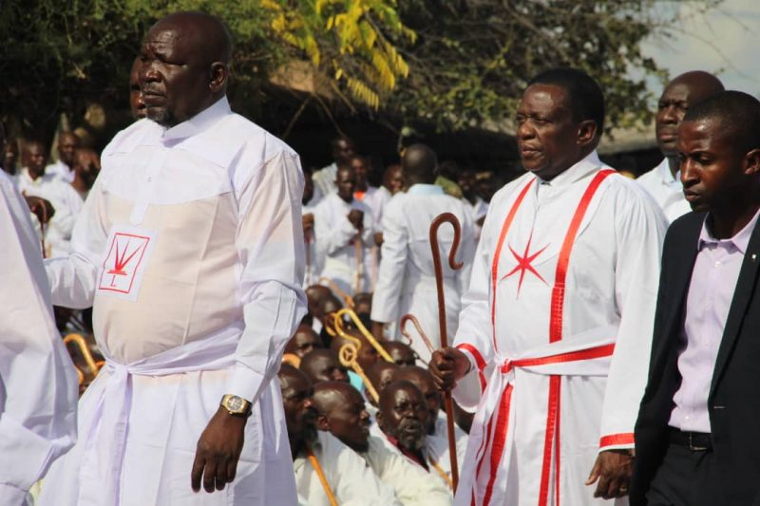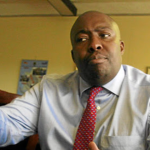 President Emmerson Mnangagwa says Zimbabwe has learnt to turn a bad crisis into a good one by looking inward and mobilising its God-given resources.
President Emmerson Mnangagwa says Zimbabwe has learnt to turn a bad crisis into a good one by looking inward and mobilising its God-given resources.
“They say we should never waste a good crisis. As a nation, we have decided a bad crisis wrought by sanctions should be made good by us looking inward, and by us mobilising our own God-given resources,” he said.
Writing in his weekly column in the Sunday Mail, Mnangagwa said with its three mantras that it has now coined, Zimbabwe has invented an enduring framework for a new partnership between the State and the church.
The three mantras are:nyika inovakwa ne vene vayo, nyika inotongwa nevene vayo and nyika inonamatirwa nevene vayo.
“This new mantra we have added to our other two mantras, to form a credo of the Second Republic, comes from the heart. It is deeply held. All our politics, our policies and our programmes remain incomplete and unfulfilling until and unless we give them God,” Mnangagwa said.
“My meeting with Church leaders of our country and, as happened late last week, from our Region are meant to ensure that our politics are rooted in God. This is vital as our nation goes for polls. I continue to call on our Church leaders to pray for peaceful elections: before, during and after those elections. We should never tire of sermonising for peace in our land; indeed, praying for peace for our land; pray in our national languages and through our idioms, in our hearts and minds. God will hear us.
“We develop our country using God-given resources. Looking at mineral resources we have discovered and are exploiting since the Second Republic, there is no doubt our nation enjoys divine favour. From a paltry US$2,5 billion turnover in mining before this New Dispensation, our mining sector is pipping the US$20 billion-mark, in the five short years we have subsisted as the Second Republic. This is unprecedented. We continue to discover more minerals, no doubt through divine guidance.”
Full article:
I RECALL our first meetings with Churches and Church leaders soon after our Independence. Rhodesian propaganda had painted freedom fighters darker than the Devil. We were a godless lot, blue-dyed communists associated with all manner of devilry. This Rhodesian narrative would be repeated daily and unremittingly, until a large part of the Rhodesian populace — both black and white — began to believe these blood-curdling propaganda stories mischaracterising us.
By contrast, white Rhodesia beatified itself as holy, carefully cultivating a self-image of a God-fearing civilisation created by a selfless generation of “Founders” who had come from afar, to redeem and Christianise a benighted race inhabiting a “Dark Continent”. Until the white man came, Africa was a continent living outside history; lived as a continent filled by a race which did not know God! This was the colonial narrative.
When Ian Douglas Smith declared his Unilateral Declaration of Independence (UDI), he claimed that he had “struck a blow for Christianity”, thus depicting UDI as Christian. The Anglican Church — the Church of the Settler Rhodesian State — was dutifully in tow, lending holiness to such apostate claims. That way, a colonial project by a foreign occupying power was characterised as Christian, and for the good and elevation of us Africans.
Continued next page
(259 VIEWS)

